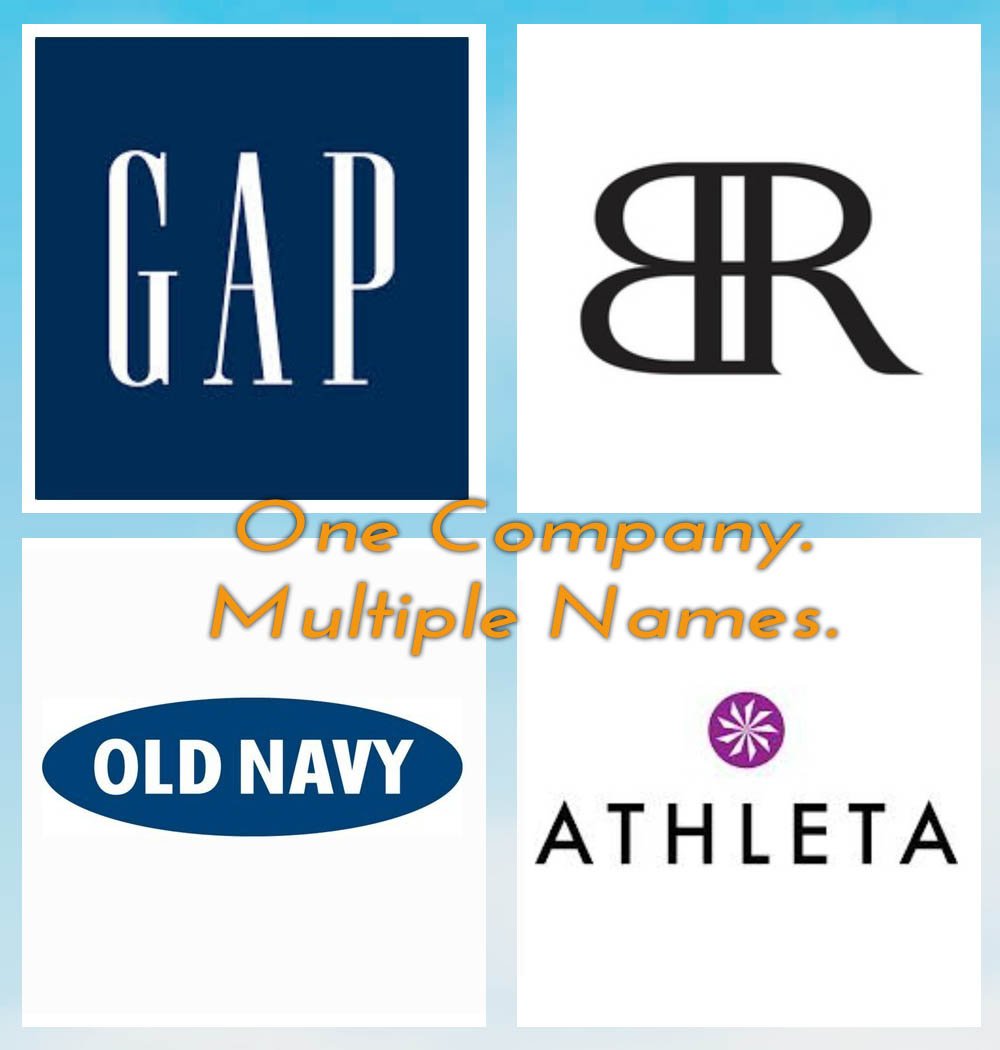Attract Investment with QSBS Tax Benefits
How a company is formed has a significant impact on its options later. In some cases it can limit from whom a company can receive investment. There are also cases where certain tax benefits are provided that aren’t available in other types of investments.
One example is Qualified Small Business Stock (QSBS). Investors can leverage QSBS to significantly reduce their taxes by taking advantage of benefits provided under Section 1202 of the IRS Code. To take advantage of these benefits, there are quite a few requirements.
First, the acquisition must be for a business that is 1) a C corporation with 2) gross assets of $50 million or less obtained 3) when the stock was issued that is 4) actively engaged in a qualified trade or business. The businesses that are eligible include:
IT Technology such as software or hardware development or other technology-related fields
Biotechnology and Healthcare including pharmaceuticals or medical devices
Clean Energy and Environmental Technology
Agricultural Technology
Educational Technology
Consumer Goods and Services
Manufacturing
E-commerce and other Platforms
There are also many businesses that are specifically excluded. Among these include:
Personal Services Businesses where the principal asset is the reputation or skill of one or more employees (e.g., accounting, law, consulting, engineering, or financial services)
Farming
Natural Resource Extraction (such as mining or drilling)
Hotels and Restaurants
Retail Businesses
Obtaining the stock directly can include exchange for money or property, but can also include compensation for services as is the case for many founders of companies.
These are the first steps to be eligible. Before these benefits can be realized, though, 1) the stock must be held for more than five years and 2) at least 80% of the corporation's assets must be used to actively conduct the qualified trade or business mentioned above. This basically means QSBS is a long term investment that creates a viable business and will ultimately reward investors for the risk they took in investing. So what are the rewards?
If all conditions are met, investors can potentially exclude up to 100% of the gain from federal income taxes upon the sale of QSBS. The exclusion amount is subject to a cap, typically $10 million or 10 times the stock’s basis, whichever is greater. This gain can then be excluded from taxable income to reduce your overall tax liability. If an investor chooses to reinvest the proceeds from the sale of QSBS into another QSBS, they might be able to defer some or all of the gain. There are concerns in regards to Alternative Minimum Tax (AMT); however, changes to the tax code have mostly eliminated this concern.
Because QSBS has the potential to be a massive benefit, it’s critical to keep detailed records of any investment, including how and when the stock was acquired, the cost basis, and the holding period. As with any tax benefit, it’s also worth working with a tax professional who understands these benefits. QSBS rules can be complex and tax laws tend to change or be challenged in the courts. And while there are a great deal of barriers to QSBS, it could have tremendous benefits that would attract investors to companies that meet these required criteria.
If you’re considering starting a company that will raise funds from investors, wouldn’t it be useful to work with professionals who can help you understand your options and assist in making critical decisions that will affect the company moving forward? Reach out to Brightleaf Consulting Group and let us help your vision become a reality.
- John Thrush





